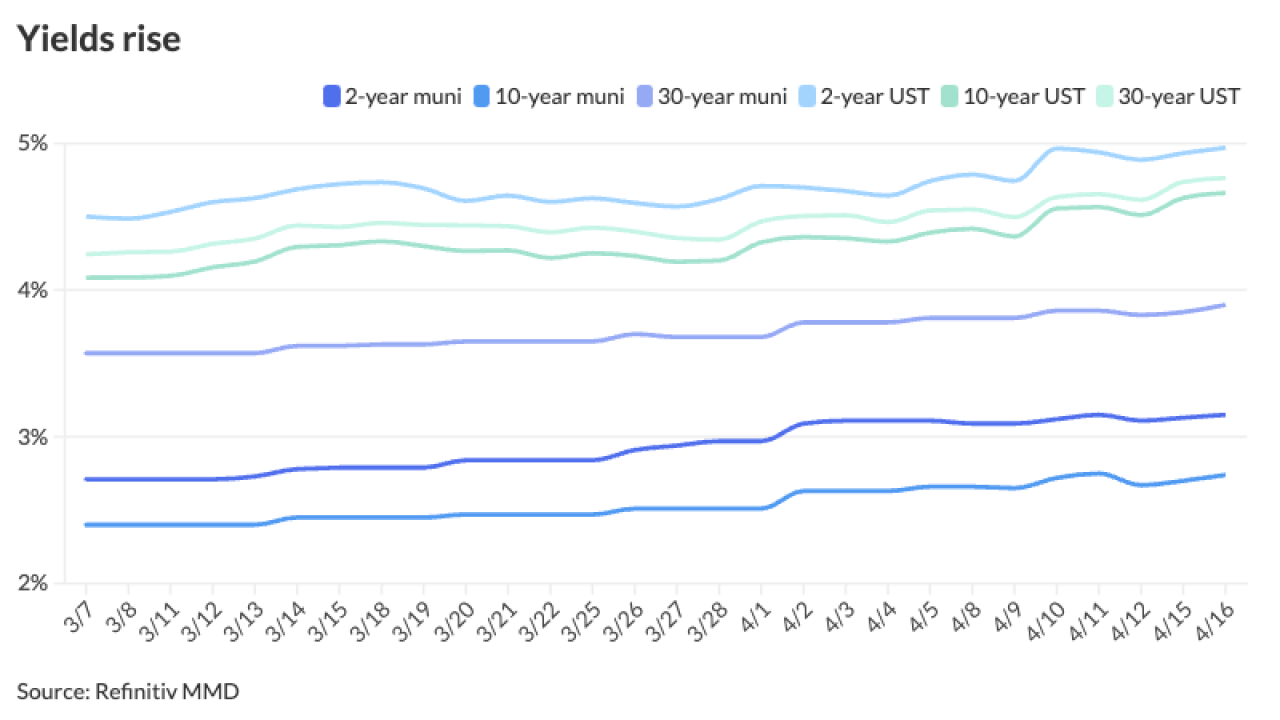Standard & Poor's Ratings Services said it has raised its issuer credit rating on Texas to AAA from AA-plus based primarily on its budgetary and cash management discipline, which allowed the state to preserve a strong level of reserves throughout the great recession.
"We believe that the continued strength of the state's economy along with its budget management framework will provide state officials with significant budgetary flexibility to manage the service and infrastructure demands of a rapidly growing population," said Standard & Poor's credit analyst Horacio Aldrete-Sanchez.
Other ratings that will be raised following the rating action on the state of Texas include ratings on general obligation and appropriation debt issued by the following agencies: Texas Water Development Board; Texas Higher Education Coordinating Board; Texas Transportation Commission; Texas Public Finance Authority; and Texas Veterans Land Board.
Other factors that support the rating include the state's: strong revenue forecasting and cash management practices, including comprehensive monthly revenue and expenditure cash monitoring and forecasts, as well as a willingness to maintain strong liquidity to meet its constitutionally defined priorities, including the repayment of debt service; low overall net debt and below-average unfunded retirement liabilities; and potential long-term budgetary pressures, which are primarily related to the growing proportion of school revenues Texas is required to fund, as well as insufficient new sources of recurring dedicated tax revenues to support the increased education funding.
The stable outlook reflects Standard & Poor's expectation that Texas' economic performance will continue to support the revenue forecast for the 2014-2015 biennium. The outlook also reflects the expectation that the state leadership will continue to adhere to the budget and cash management discipline that has enabled the state to maintain a strong level of reserves through periods of economic decline.
While the rating agency anticipates that public school funding and health-care expenditures will continue to pressure the state's budget, it believes that state officials will address these issues with an eye toward maintaining long-term budgetary stability.
Although it doesn't anticipate a negative rating action in the next two years, the rating could be pressured if revenue collections perform significantly below current estimates and state officials fail to adopt timely corrective actions to address potential developing budget gaps.





